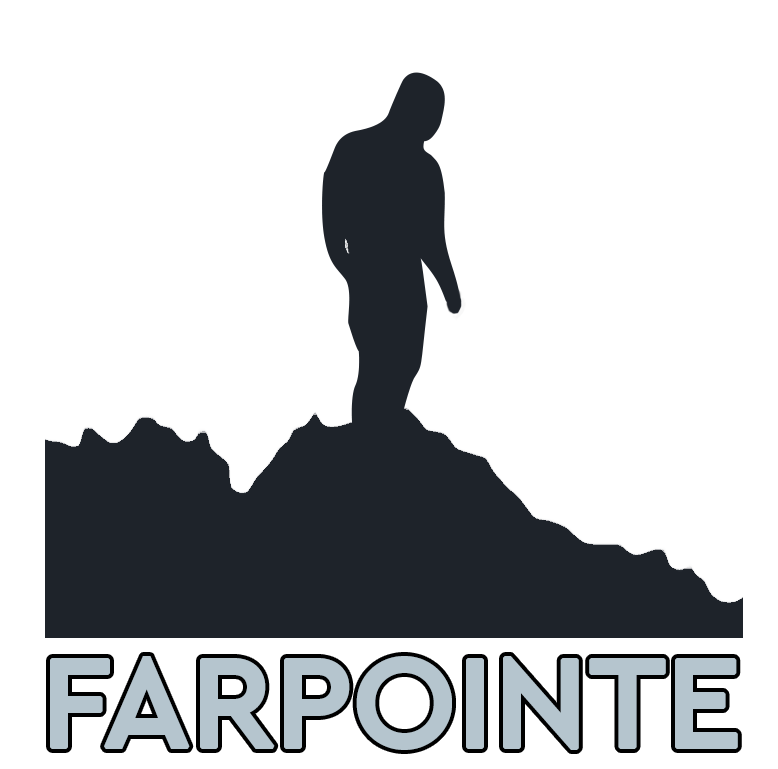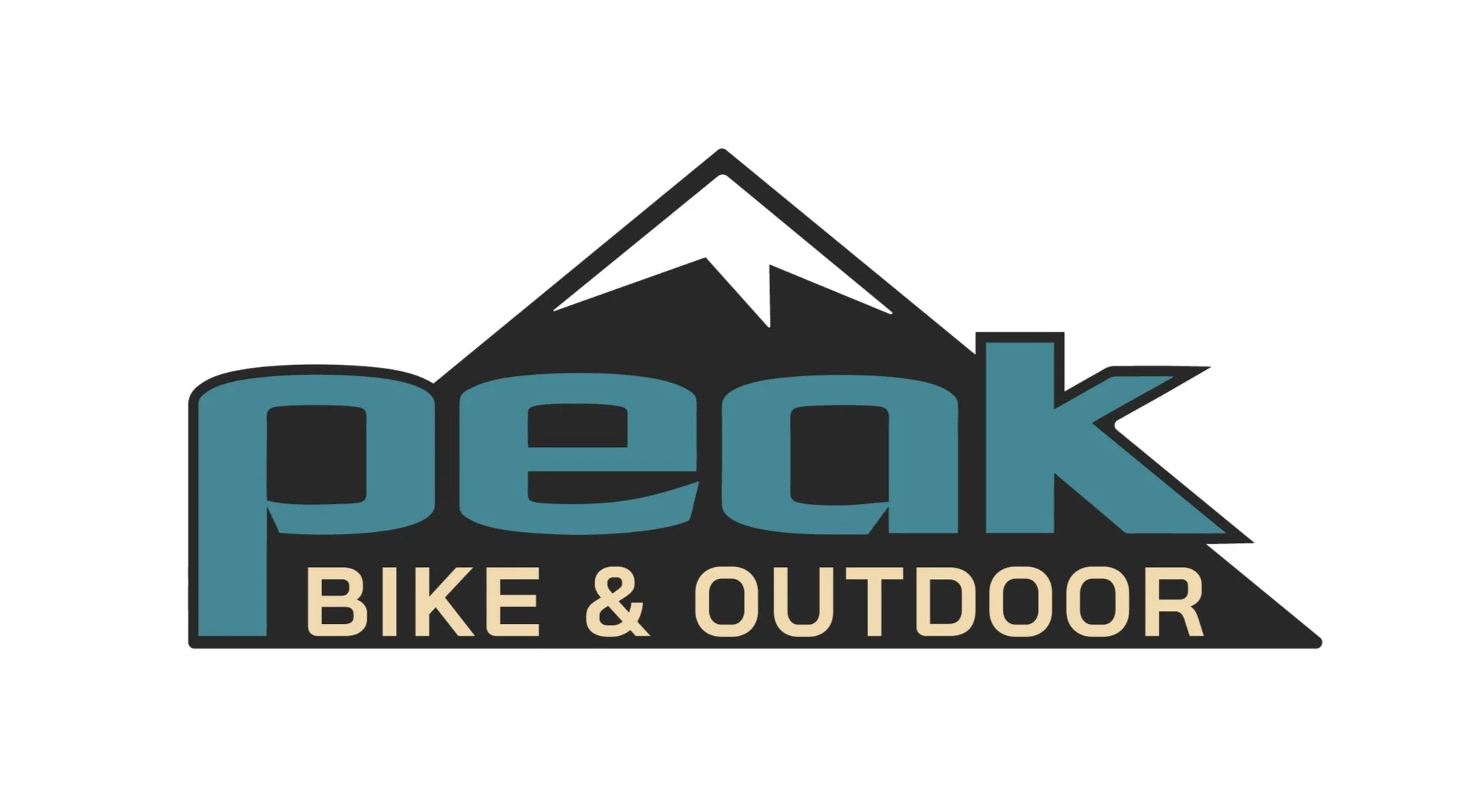Every year generous sponsors from around the region and country support us in our on-going mission to promote outdoor safety through wilderness medical education to our aspiring providers and to make this event extremely special for all of these exceptionally hard working individuals. This list is ever-growing and will be updated as we go along.
If you’re interested in sponsoring or donating to our event in any way, please don’t hesitate to reach out through our contact form.
Meet our sponsors for NWMC7!
To learn more about a sponsor, click their logo to be re-directed to their website.
The Wilderness Medicine Training Center International
WMTC International was founded in 1997 to provide high-quality, practical courses, books, and supplies in wilderness medicine and outdoor program risk management. Our Wilderness First Aid, Wilderness Advanced First Aid, and Wilderness First Responder courses exceed the minimum certification requirements set by the Wilderness Medicine Education Collaborative and endorsed by the Wilderness Medical Society. Our Wilderness EMS courses train licensed EMS providers to respond to emergencies in challenging weather and terrain safely. Visit our website to:
learn about and register for a course
purchase first aid packs and supplies
read blog articles and case studies designed to help you stay current with advances in wilderness medicine
In support of this year's Northwest Medicine Conference, we are donating the online portion of our WEMR & WEMT course and three coupons for our digital handbook to the raffle. Both are described below.
Wilderness Medicine Handbook
Problems are broken down according to their mechanism of injury (MOI): trauma, environmental, or medical with decision-making, tabbed indexes preceding each major section. Treatments are highlighted for fast identification. While the handbook briefly explains each problem, it does not delve deeply into anatomy & physiology, or pathophysiology; users are expected to have a basic working knowledge of wilderness medicine. With our digital Wilderness Medicine Handbook you'll always have a ready reference for any medical emergency at your fingertips...as long as you remember to charge your device.
The digital version of our Wilderness Medicine Handbook is specifically designed for both Apple and Android mobile devices. Navigation to key pages is fast and easy using the Main Menu, contents, indexes, and hyperlinks. The digital version contains more information, graphics, and photos than our print version without adding any additional weight and all updates are free for life.
Wilderness EMS course for licensed EMRs & EMTs
Our hybrid Wilderness EMR & EMT course is designed for urban EMRs or EMTs who wish to adapt their skills to a remote care environment as Search & Rescue or remote EMS providers, expedition medics, or trip leaders. Participants must hold a current national registry EMR or EMT certification or state license to receive certification as a WEMR or WEMT. This course focuses on assessing and treating traumatic, environmental, and medical emergencies in a wilderness expedition or remote EMS environment.
Due to numerous variables, patients in wilderness or remote settings are at greater risk than their urban counterparts: Hazardous environments, difficult rescues, lack of diagnostic and medical equipment and medications, equipment and technology failures, limited personnel, and delayed access and transport times regularly contribute to poorer patient outcomes. WEMS providers often face difficult choices with no textbook answer, where experience, a deep understanding of anatomy, physiology, and pathophysiology, and the ability to improvise frequently make the difference between success and failure, life and death, and, sometimes, as in hospital settings, when the damage is severe and non-reversible, there is little or nothing that can be done but be present and bear witness.
In an emergency, keeping things simple is critical. Traumatic mechanisms are responsible for most health-related issues encountered in the wilderness, with environmental mechanisms a close second. Common medical problems encountered during a wilderness expedition or trip — colds, flu, respiratory infections, etc. — are usually addressed by trip members and WEMS is rarely dispatched. In contrast, most WEMS dispatches for medical emergencies require an evacuation to a hospital and can be summed up using a few basic guidelines. The lesson isn't what's wrong with the patient, but whether you have the knowledge and resources to assess and treat them definitively; and if not, where do they need to go and how fast?
Visit our table during NWMC7 Friday and Sunday to:
get a tour the hybrid WEMR/WEMT course website
get a tour of our digital Wilderness Medicine Handbook
page through — and purchase at a 40% discount — a copy of our print handbook
check out our patient SOAP notes
talk with one of our instructors about our courses and materials







































